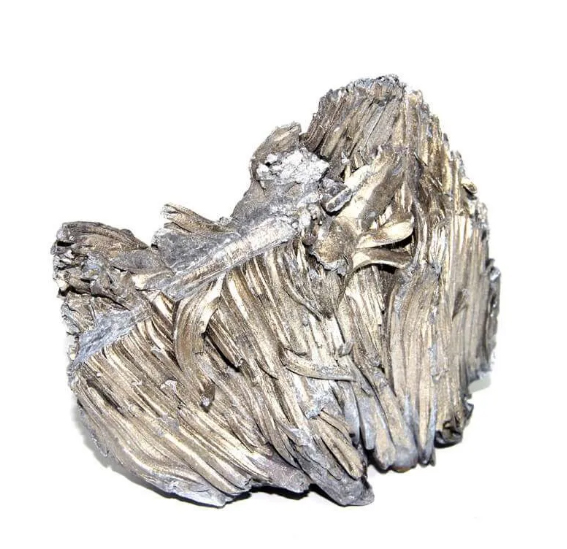
In the realm of modern steel production, the integration of advanced technologies and innovative materials is pivotal to enhance product quality, durability, and overall efficiency. One such remarkable development is the utilization of calcium alloys in steel manufacturing processes. These alloys offer a range of benefits that positively impact both the production process and the final product. In this article, we delve into the advantages of incorporating calcium alloys in steel production.
Calcium alloys play a vital role in deoxidation and desulfurization during steel production. The inclusion of calcium in the form of alloys such as calcium silicon (CaSi) effectively removes impurities from molten steel, resulting in a cleaner and purer end product. This process not only enhances the mechanical properties of the steel but also reduces the likelihood of defects, ensuring a higher quality steel output.
Inclusions, tiny non-metallic particles present in steel, can significantly impact its mechanical properties. Calcium alloys facilitate the modification of these inclusions, rendering them less harmful to the steel's integrity. This modification minimizes the risk of brittleness, improves toughness, and increases the steel's resistance to fatigue, all of which are crucial for its performance in various applications.
The addition of calcium alloys helps in achieving a finer grain structure within the steel matrix. This finer grain structure enhances the steel's overall strength, hardness, and toughness. The controlled grain growth is particularly beneficial in applications requiring exceptional mechanical properties, such as construction, automotive, and aerospace industries.
Utilizing calcium alloys in steel production can lead to energy efficiency gains. The deoxidation process facilitated by calcium alloys reduces the need for excessive energy consumption, making the production process more environmentally friendly. Additionally, the cleaner steel output reduces the need for rework, leading to cost savings in terms of both materials and labor.
Calcium alloys contribute to the improved castability and formability of steel. This is especially advantageous in shaping the steel into intricate and complex designs, which are often demanded in architectural and industrial applications. The malleability and fluidity of the steel melt are enhanced, making it easier to cast and shape, leading to reduced material wastage.
The inclusion of calcium alloys in steel production has the positive effect of minimizing harmful gas emissions. By promoting effective deoxidation and desulfurization, the release of gases like oxygen and sulfur dioxide into the environment is reduced. This aligns with sustainable manufacturing practices and demonstrates a commitment to reducing the industry's environmental footprint.

The incorporation of calcium alloys in steel production presents a myriad of advantages that contribute to the overall improvement of steel quality, manufacturing efficiency, and environmental impact. From enhanced deoxidation and desulfurization to improved inclusion modification and castability, calcium alloys play a pivotal role in shaping the future of steel production. As the steel industry continues to evolve, these benefits highlight the significance of embracing innovative materials and technologies to meet the demands of various industries while striving for sustainable and high-quality steel manufacturing processes.

Write a Message